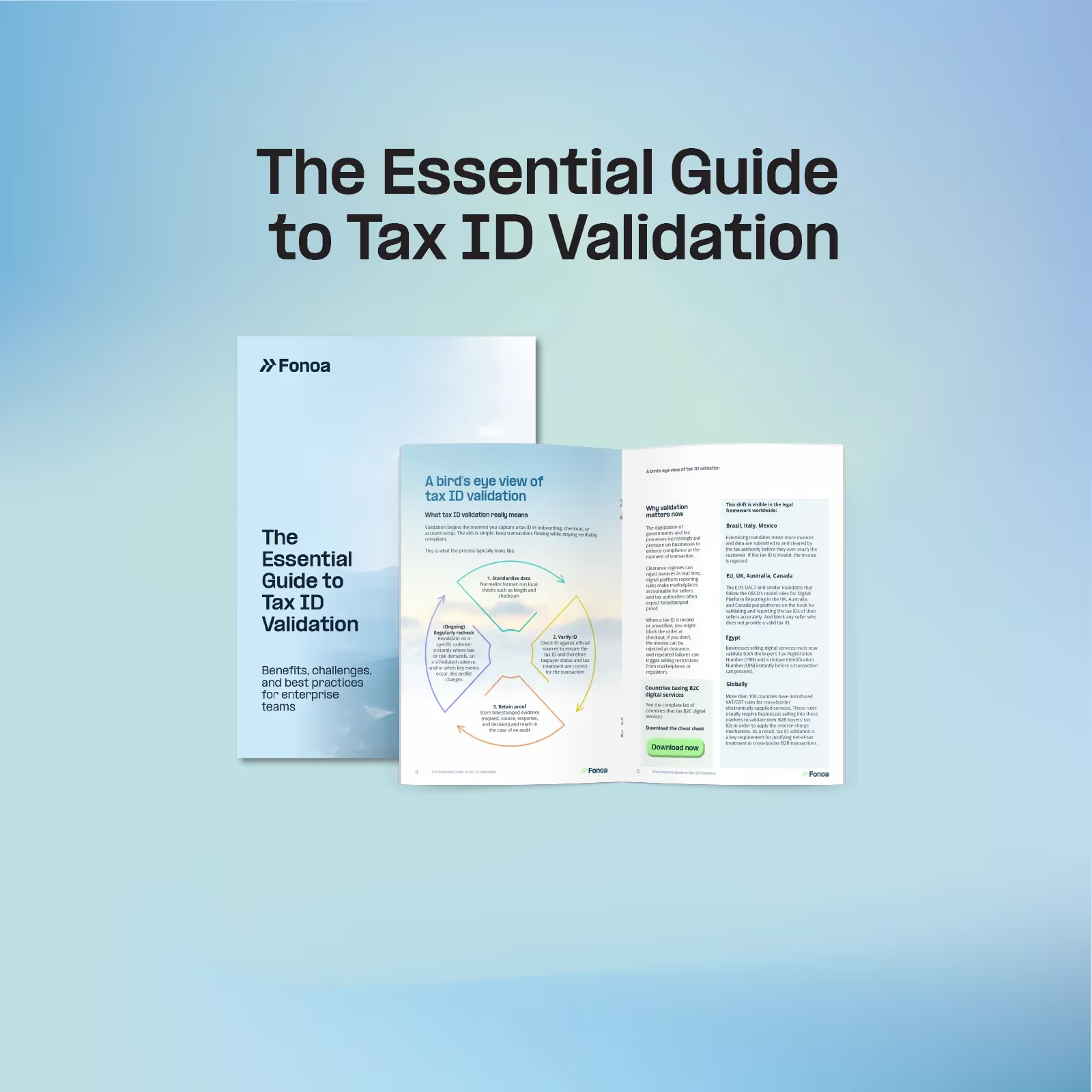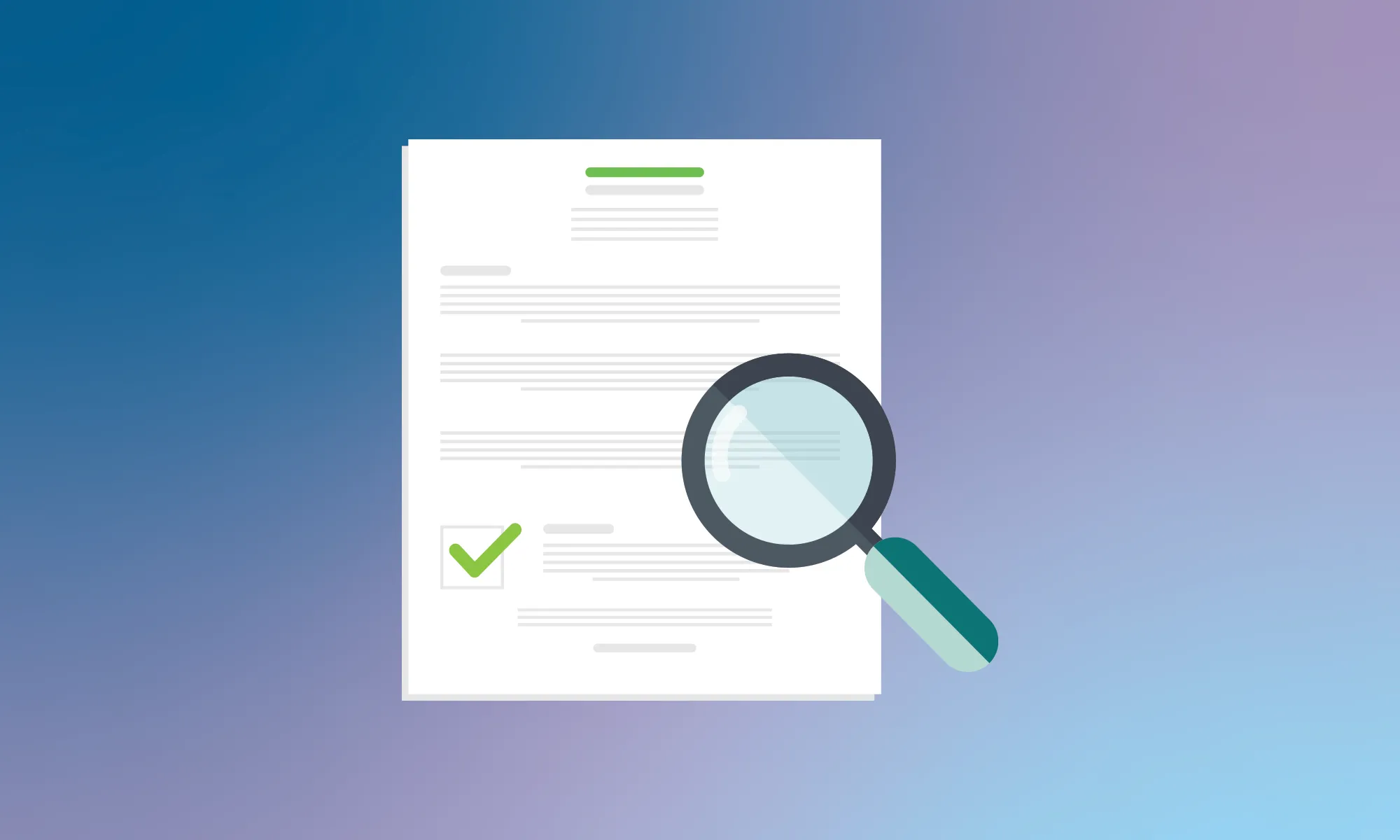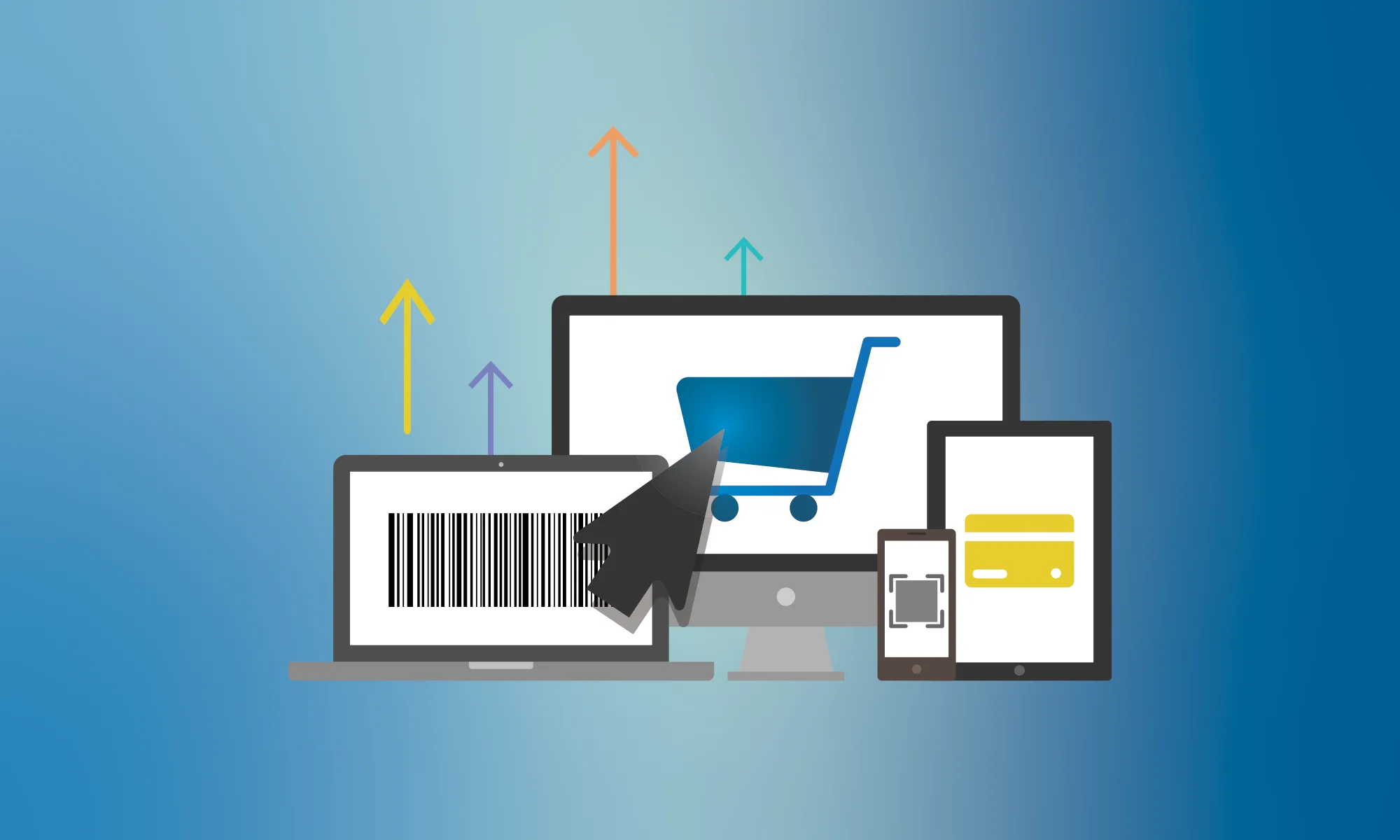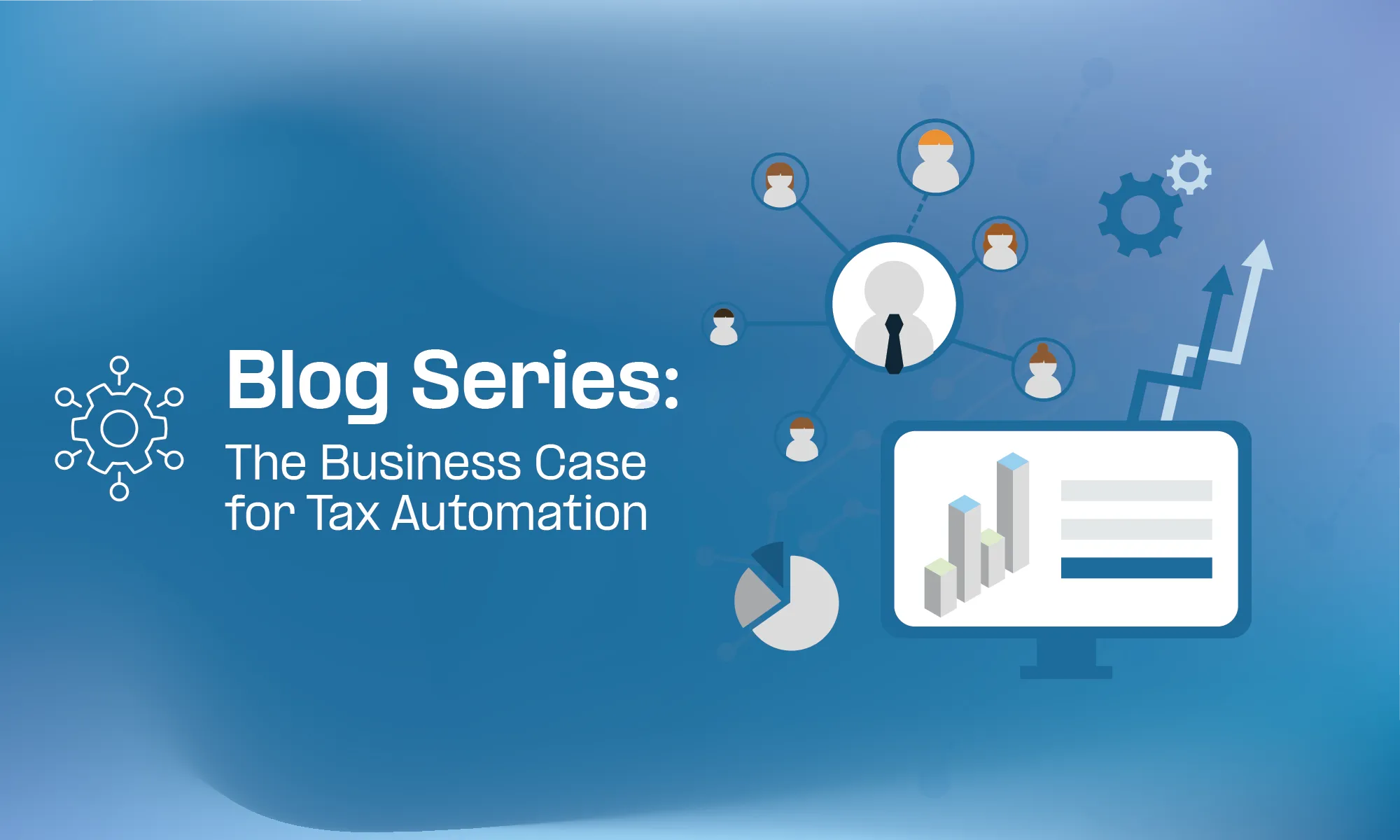Zero-rated supplies refer to goods or services that are taxed at a rate of 0%, meaning no Value Added Tax (VAT) or Goods and Services Tax (GST) is applied to them. In other words, although these supplies are subject to taxation, the rate is set at zero, effectively resulting in no tax being charged on them.
In this article we will look at why zero-rated supplies are important, what they usually apply to, and how they different from supplies that are exempt from consumption taxes entirely.
What are zero-rated supplies?
Zero-rated supplies (which can be either goods or services) are supplies to which a tax rate of 0% applies, meaning that buyers do not pay any VAT on them.
Zero-rated supplies are generally considered taxable supplies. As taxable supplies, they are technically subject to VAT / GST, just at a rate of 0. This is distinct from an exempt supply, which is not subject to VAT / GST at all.
Because zero-rated supplies are taxable supplies, any input tax paid on goods or services purchased to make the supply is generally considered deductible.
Examples of zero-rated supplies
Zero-rated supplies typically include essential items or services that are considered vital for the well-being of individuals or the functioning of society. Examples of zero-rated supplies can vary depending on the country's tax laws but may include basic food items, certain healthcare services, education services, etc.
We generally see the same types of supplies of goods being zero-rated by many countries, such as supplies of:
- Basic groceries or food items, such as bread, vegetables, milk, fish
- Grain, wool, livestock
- Prescription drugs and medical devices
- Sanitary products
- Children’s clothing
Some services, such as educational services or certain transport services, may also be zero rated in some countries.
Exports are also zero-rated in many countries, in order to promote the exportation of goods or services to other countries, and make them more attractive for international clients.
What is the difference between zero-rated and tax-exempt?
Zero-rated supplies are not the same as tax-exempt supplies. While both result in no tax being collected, the difference lies in the ability to claim input tax credits.
- Zero-rated goods or services are not taxed at the point of sale. However, because the supply itself is generally considered a taxable supply (even though the tax rate is zero), you can still claim a tax credit for input taxes and can make a deduction.
- In the case of a tax exemption, the supply is also not subject to VAT or GST. However, because the supply is not considered taxable, it is not possible to claim input credits for VAT or GST paid to produce the product or service. Common exempt supplies include financial services or insurance services.
Note that not every country uses the same terminology. For example, some countries refer to the concept of zero-rated supplies as supplies that are “exempt with credit” or a similar variation. Some may simply refer to them as exempt, but separately state that a VAT deduction right would be available.
Why are zero-rated supplies important?
Zero-rated supplies serve several important public policy goals:
- Economic Stimulus: By reducing the cost burden on certain goods and services, zero-rating can stimulate demand and economic activity in specific sectors. For example, zero-rating exports can enhance international competitiveness and encourage trade.
- Social Welfare: Zero-rating can be used as a policy tool to promote social welfare objectives. For instance, providing zero-rated supplies for healthcare and education can contribute to improving public health and literacy rates
- Administrative Simplicity: Since no VAT is collected on zero-rated supplies, there is less administrative burden on businesses and tax authorities. This is not the case for exempt supplies, which may require tracking and monitoring for compliance purposes.
Zero-rated supplies in the EU
Zero-rated supplies in the EU may include:
- Exports: Goods and services sold to customers located outside the EU are typically zero-rated for VAT purposes.
- Intra-EU supplies: Supplies of goods between EU member states can be zero-rated under certain conditions, such as when selling goods to another VAT-registered business in a different EU country.
- International transport: Services related to the transport of passengers or goods between countries, including air, sea, and rail transport, can be zero-rated.
- Certain foodstuffs and essentials: In some EU countries, specific food items, such as basic foodstuffs, water, and pharmaceutical products, may be subject to a zero VAT rate.
- Certain healthcare services: Some healthcare services, such as medical care, dental services, and certain medical equipment, may be zero-rated for VAT purposes.
It's essential to note that while these are common categories of zero-rated supplies in the EU, the specifics can vary from one EU member state to another. Therefore, businesses operating within the EU must familiarize themselves with the VAT regulations of each country where they conduct business to ensure compliance.
Does the concept of zero-rated supplies exist in sales tax?
No, not in the same way as a VAT/GST system.
Sales tax is a distinct consumption tax that exists mainly in the United States and some provinces of Canada. The tax is levied only on the final consumer, so there is no system of charging and deducting tax throughout the supply chain.
There are certain supplies that particular states will exempt from sales tax. These supplies are often similar to the types of supplies that are zero rated in other countries for VAT / GST purposes, for example food and medical products. However, because there is no concept of deduction of sales tax on purchases, the distinction between zero-rated supplies and exempt supplies is not applicable.
Fonoa Tax can help you calculate taxes
Fonoa is a global tax automation and compliance solution provider that helps businesses automate their tax processes in a digital, borderless economy.
Our tax engine automatically keeps track of changing rates and rules to help your business stay compliant. This greatly reduces the burden on internal tax teams and IT teams, which are often overstretched when maintaining homegrown tax technology solutions.
Fonoa has the fastest integration time on the market - most of our clients go live with us in just a matter of weeks. We also offer unprecedented flexibility for tax teams in customizing rules and adding registrations in our tax engine, empowering tax teams instead of slowing them down.
Crucially, Fonoa makes it easy to expand coverage as your business grows. Fonoa has global coverage in over 190 countries and regions. Adding coverage in a new state or country can often be done in minutes, ensuring that tax is never a blocker to the business.
Get in touch to find out more.
















